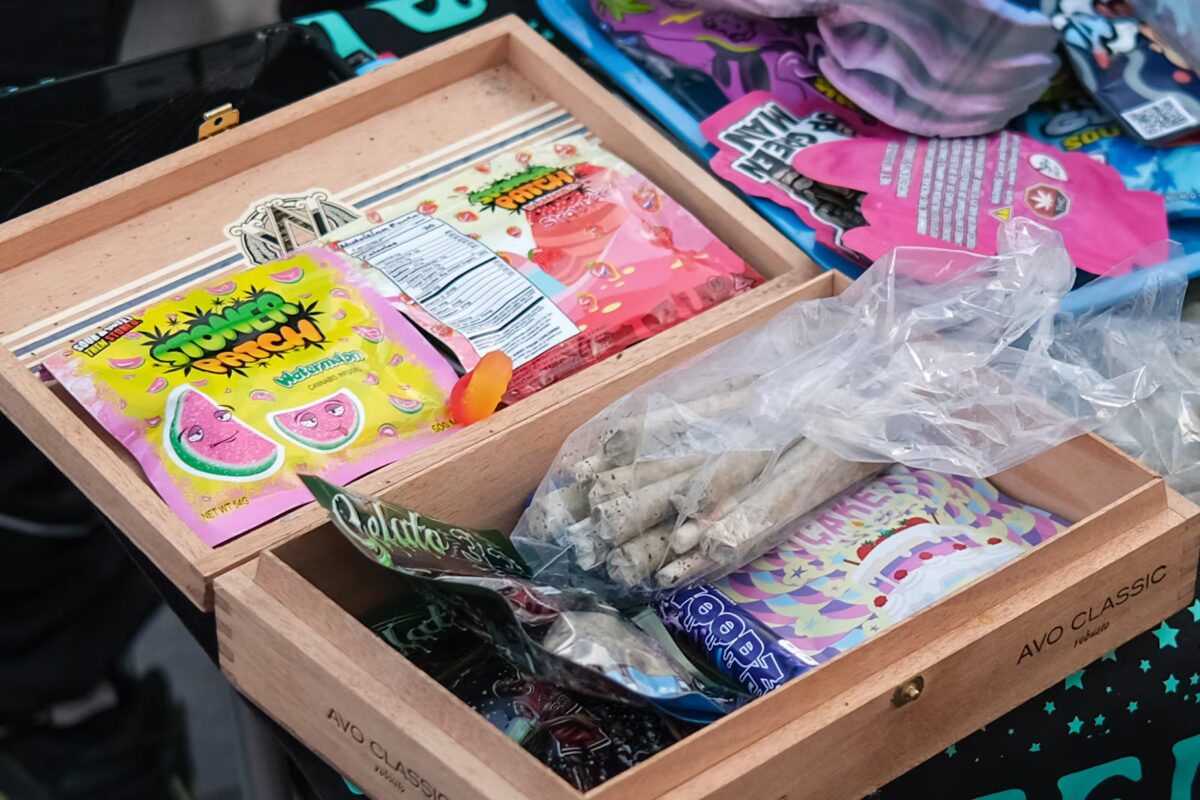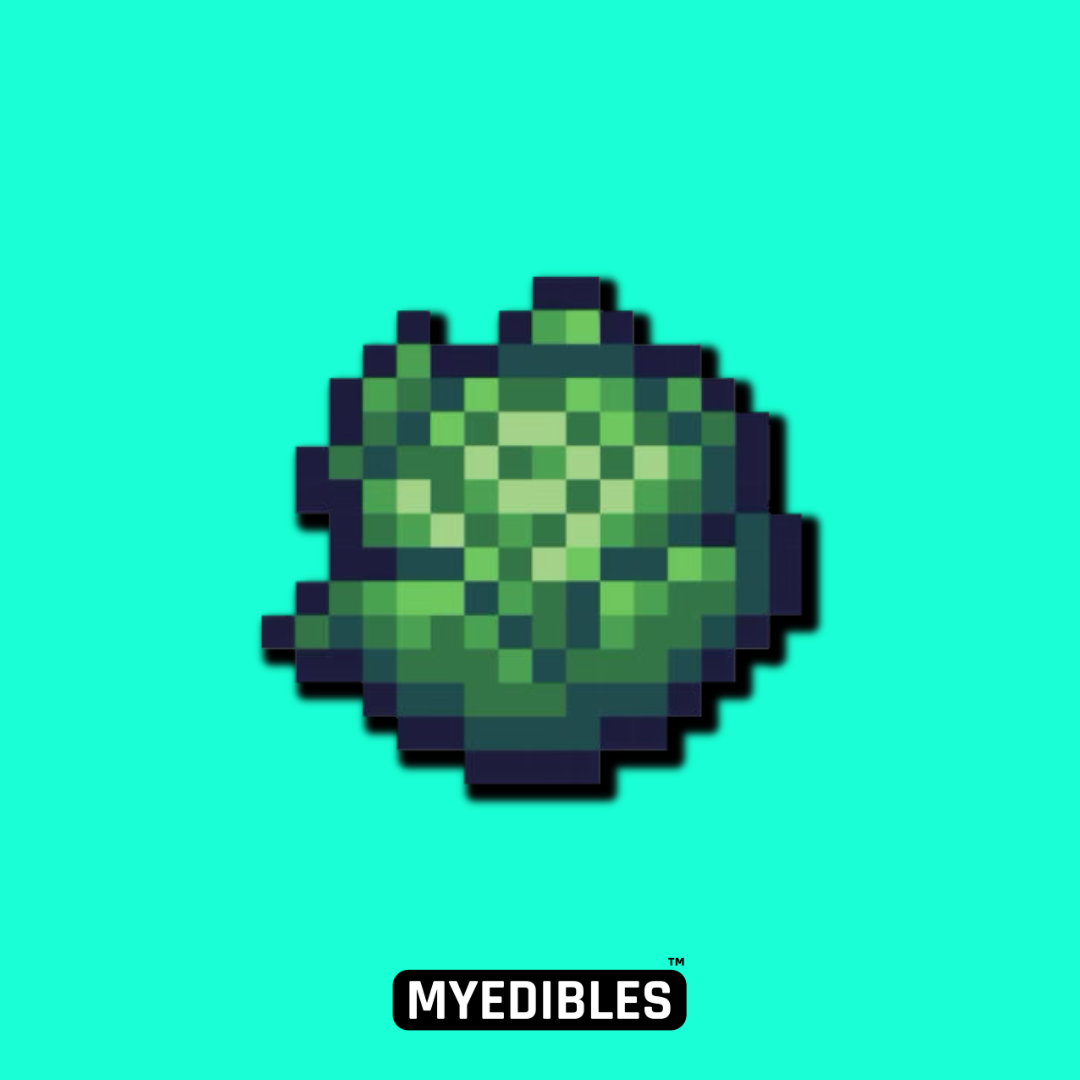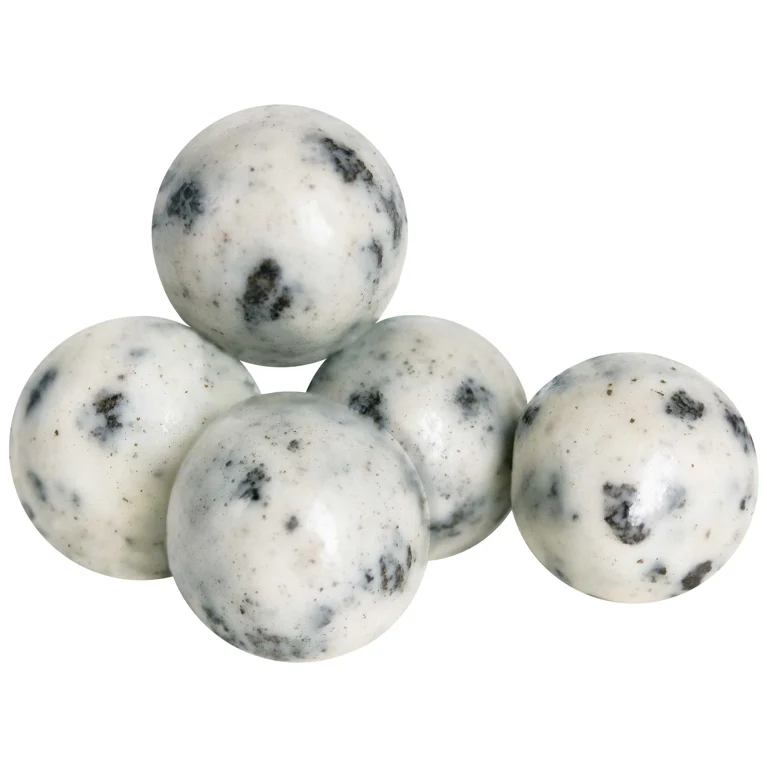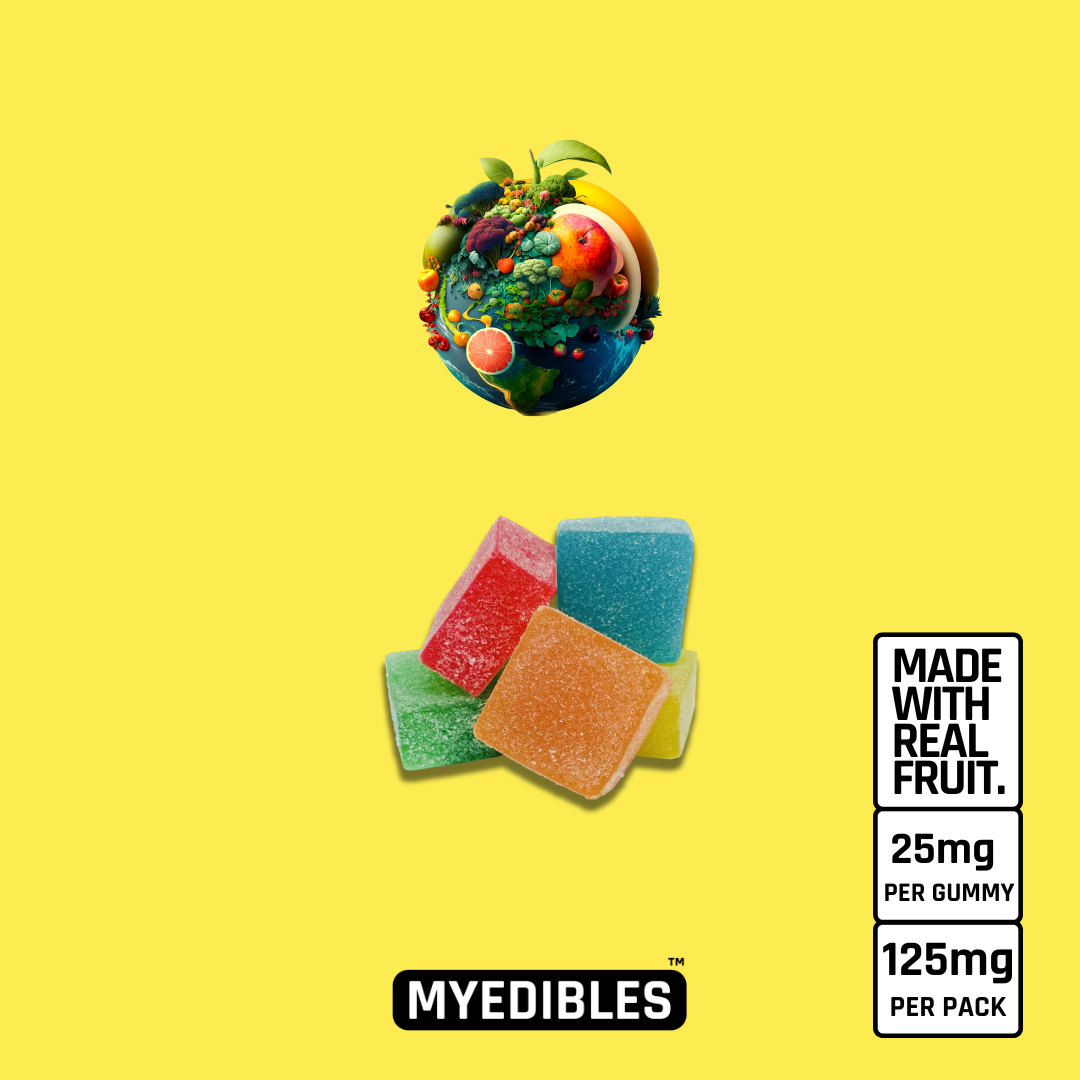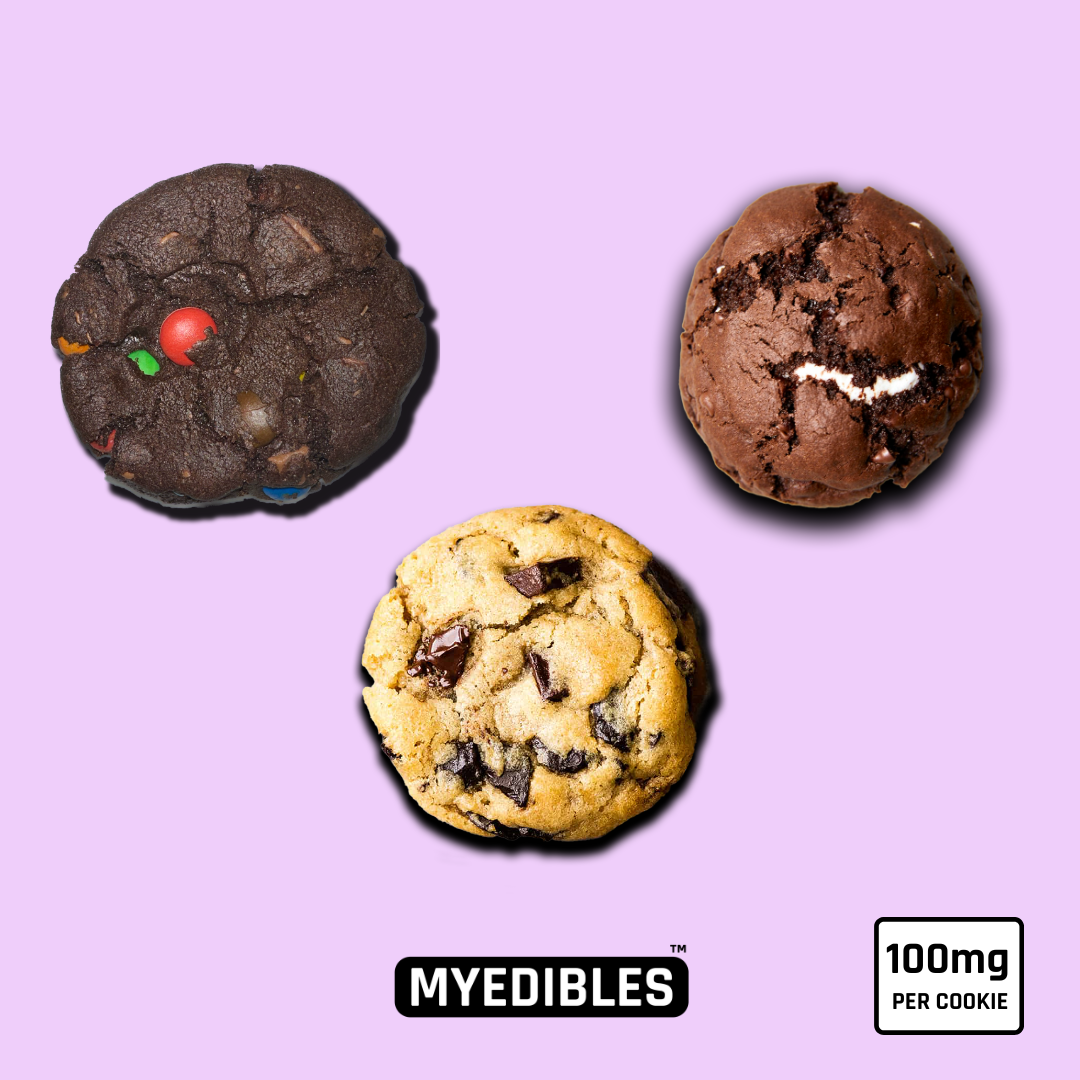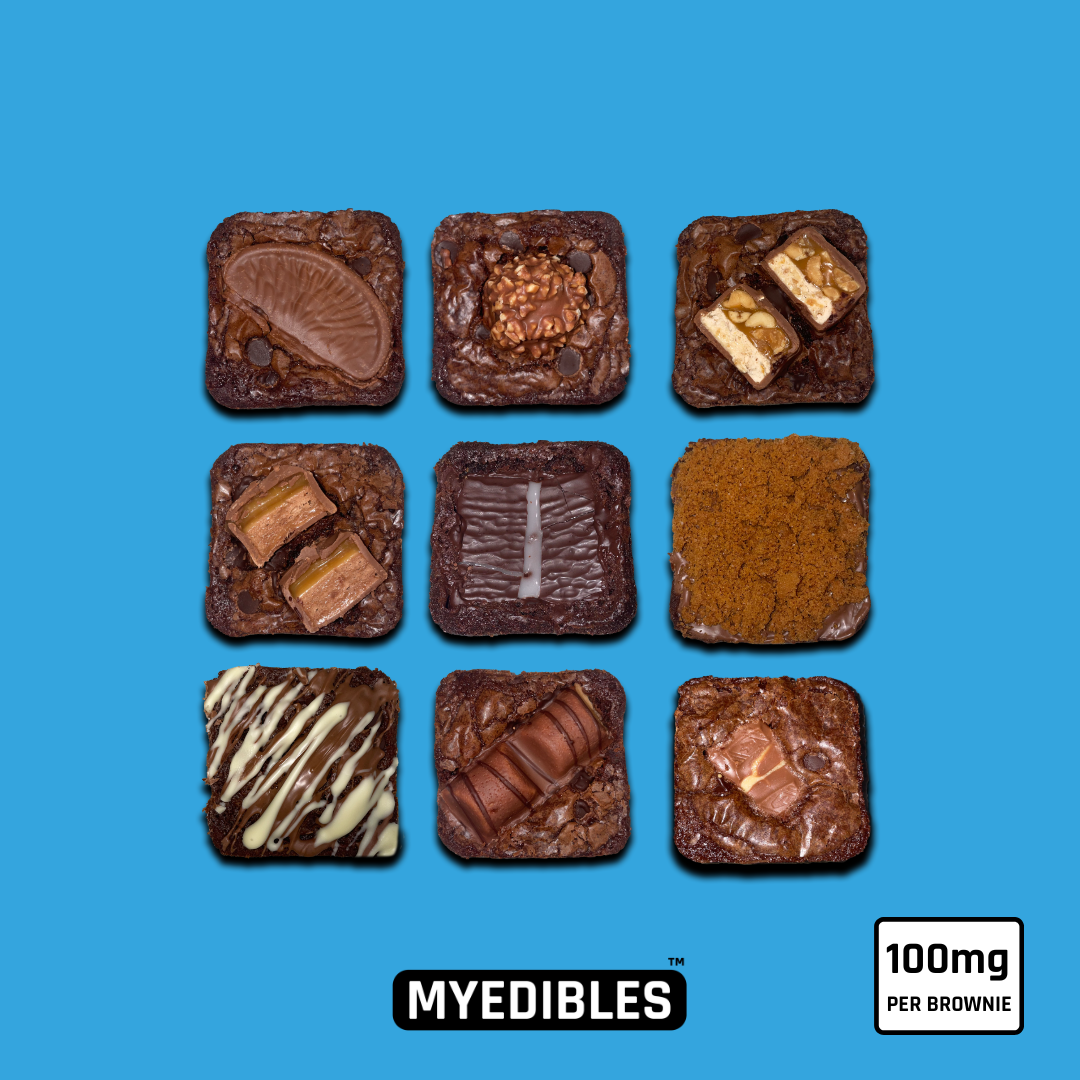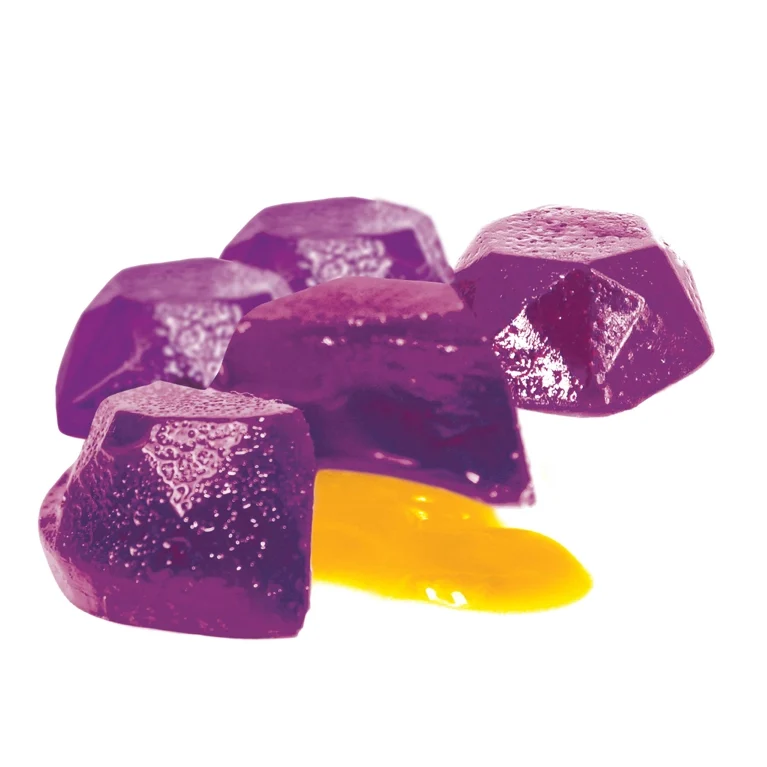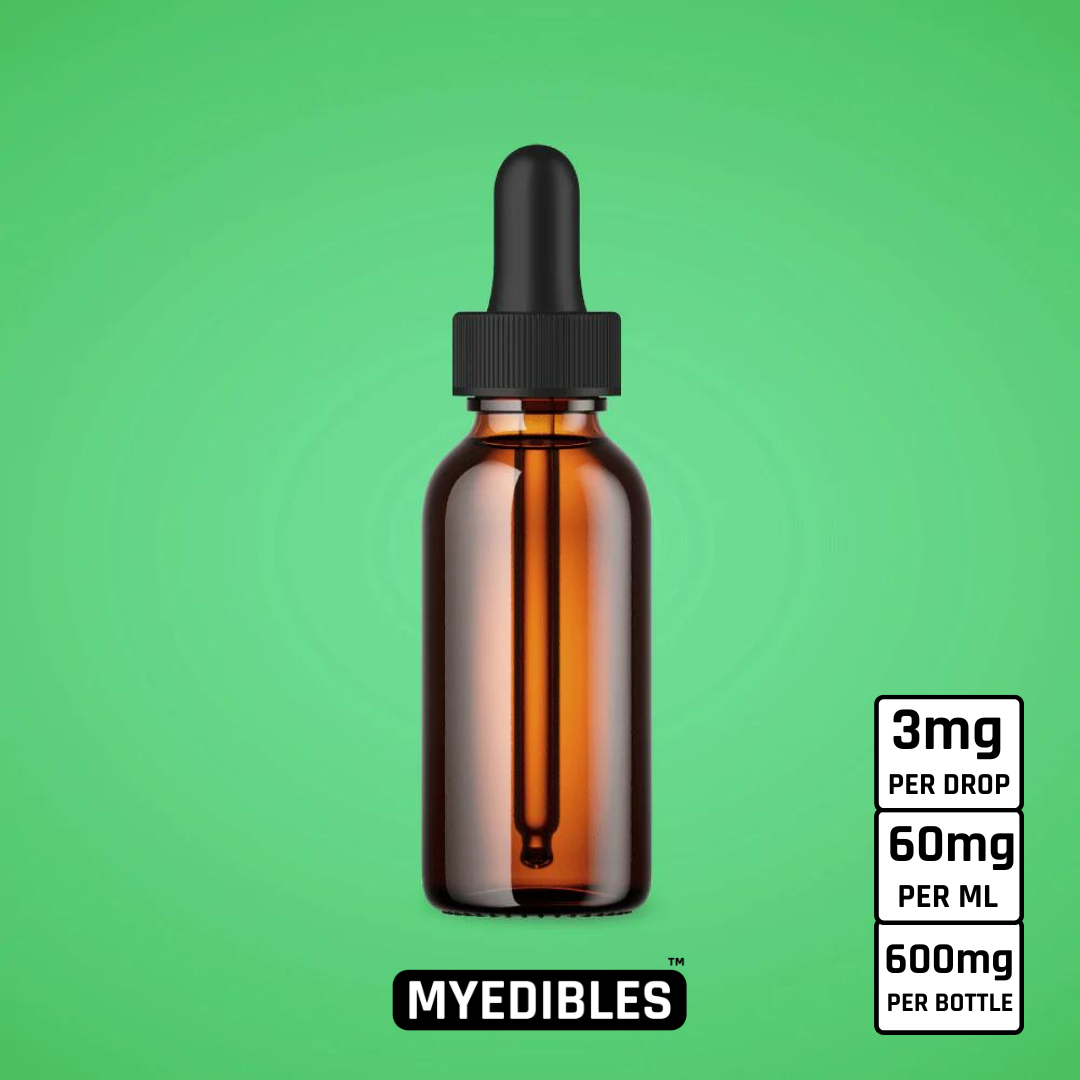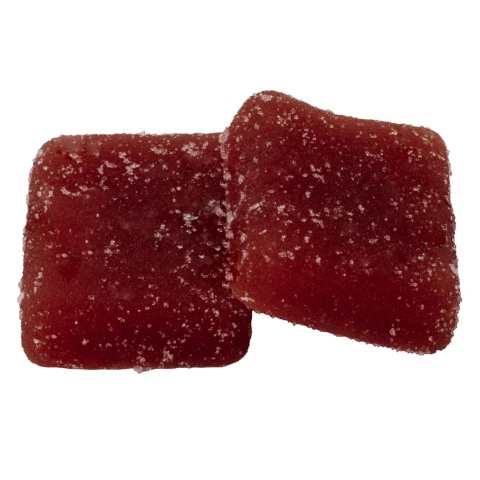CONSUMING CANNABIS: THE COMPLETE GUIDE TO CANNABIS EDIBLES
Cannabis edibles offer a therapeutic approach to managing symptoms across numerous medical conditions. These cannabis-infused products provide relief for many, though they may present side effects, potential interactions with medications, and notably delayed onset compared to other consumption methods.
Table of Contents
- Can Cannabis Be Consumed as Food?
- Raw Cannabis Consumption
- Health Benefits of Cannabis Edibles
- Potential Adverse Effects of Cannabis Edibles
- Onset and Duration: Edibles vs. Smoking
- Is Consuming Cannabis Safer Than Smoking?
- Safe Consumption Practices for Cannabis Edibles
- Purchasing Safe Cannabis Products
Cannabis, alternatively known as weed, refers to the dried flowers harvested from Cannabis sativa L plants. This versatile substance enjoys widespread popularity amongst millions worldwide, serving both recreational enjoyment and therapeutic applications for persistent health concerns.
Whilst cannabis consumption methods vary considerably, smoking, vaping, and ingesting edibles remain the predominant approaches to experiencing this remarkable plant.
Nevertheless, many individuals harbour questions regarding the safety profile of cannabis-containing products when consumed orally, and whether edible cannabis delivers comparable effects to smoking or vaping methods.
This comprehensive guide explores the health implications—both beneficial and adverse—of consuming cannabis products, with particular focus on the safety considerations surrounding edible cannabis consumption.
Can Cannabis Be Consumed as Food?
In straightforward terms, yes—cannabis can absolutely be consumed as food. Throughout human civilisation, people have been enjoying cannabis-infused beverages and foods dating back to 1000 B.C., establishing a tradition spanning millennia.
Ancient Chinese and Indian cultures utilised cannabis for medicinal purposes long before Western medicine acknowledged its potential in the early 19th century. Consumable applications, particularly tinctures, were prescribed to address a broad spectrum of ailments, including chronic pain management and digestive disorders.
Furthermore, edible cannabis preparations were employed to alleviate tension and induce euphoria, functioning similarly to alcoholic beverages in social and recreational contexts.
Bhang, a traditional cannabis-infused beverage crafted from a mixture of cannabis leaves and flowers, has been consumed for generations during Hindu religious celebrations such as Holi—a festival celebrating love and colour. This cultural practice underscores the deep historical roots of cannabis consumption across diverse societies.
In the United Kingdom, recreational consumption of cannabis gained significant popularity during 1928—ironically, the same year cannabis was officially prohibited in the UK. Today’s market offers an extensive array of edibles, available through both legitimate (doctors prescription) and underground channels such as myediblesuk.
Cannabis enthusiasts interested in edibles frequently create homemade cannabis products by infusing butter or oil with cannabis, subsequently incorporating these potent ingredients into baked goods and various culinary creations.
Raw Cannabis Consumption:
Whilst consuming raw cannabis is physically possible, it will not produce the same effects as processed cannabis products. This crucial difference stems from the requirement for raw cannabis to undergo decarboxylation—a heat-activated process that transforms the plant’s compounds into their active forms.
Raw cannabis contains tetrahydrocannabinolic acid (THCA) and cannabidiolic acid (CBDA), which must convert to their active counterparts—tetrahydrocannabinol (THC) and cannabidiol (CBD)—through heat exposure, such as during smoking or baking processes.
Consequently, consuming raw cannabis fails to deliver the same effects as heat-processed cannabis found in edible products like confectionery, tinctures, and baked goods.
Despite raw cannabis consumption not producing psychoactive effects, certain cannabis advocates suggest it may offer unique health benefits owing to its diverse plant compounds. However, research in this area remains limited, leaving the potential therapeutic value of raw cannabis incompletely understood.
Health Benefits of Cannabis Edibles:
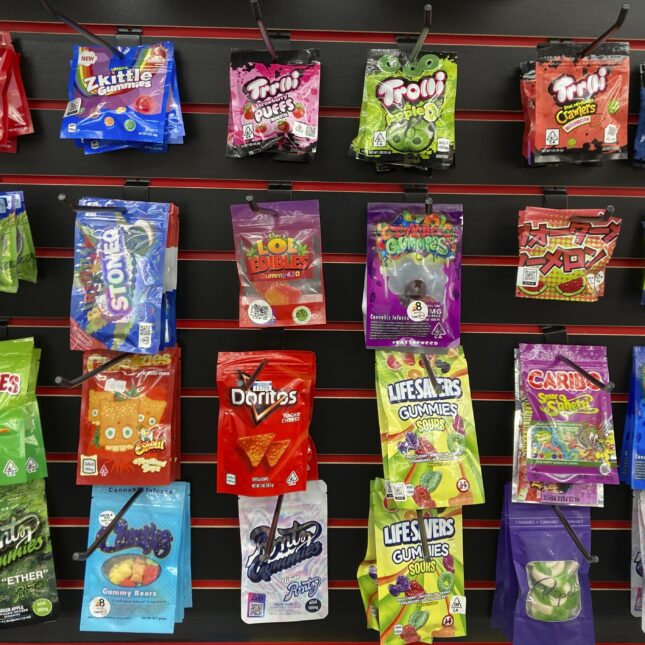
Cannabis offers numerous potential medical advantages, with historical applications spanning a wide range of ailments throughout human history.
Contemporary medical communities increasingly embrace edible cannabis products, with surveys consistently revealing that most healthcare professionals support cannabis as a viable medical option for patients requiring alternative treatments.
Medical Conditions Potentially Benefiting from Cannabis:
Edible cannabis products frequently address conditions including:
- Persistent pain conditions
- Symptoms associated with prostate cancer
- Anxiety disorders
Medical cannabis preparations can be legally prescribed across numerous countries including Italy, Spain, and Germany. Additionally, doctors in these regions may “recommend” cannabis treatments within established regulatory frameworks. Sadly when it comes to the United Kingdom its not straightforward
Cannabis contains over one hundred distinct compounds collectively termed cannabinoids, each contributing to the plant’s therapeutic profile.
THC (tetrahydrocannabinol) represents the primary component responsible for the intoxicating effects of cannabis products, including edibles, producing sensations of euphoria and relaxation. This psychoactive molecule likely constitutes the principal compound behind cannabis’s pain-relieving properties.
Cannabis contains numerous additional compounds, notably cannabidiol (CBD), which—unlike THC—produces no intoxication whilst demonstrating significant anxiety-reducing and anti-inflammatory properties.
Consumable cannabis products such as oils, tinctures, tablets, and gummies frequently assist cancer patients experiencing symptoms like appetite loss, pain, and weight reduction.
Furthermore, these preparations potentially alleviate pain and muscle spasms, reduce nausea and vomiting, enhance sleep quality, and diminish anxiety—addressing multiple symptoms simultaneously through a single therapeutic approach.
Pharmaceutical companies now offer cannabis-derived medications like Sativex—an oral spray containing balanced THC and CBD levels prescribed for pain management and muscle spasticity relief.
Despite edible cannabis products commonly addressing various additional conditions, including neurological and digestive disorders, high-quality research in these specific areas remains insufficient.
Consequently, cannabis’s complete therapeutic potential awaits further scientific exploration and clinical validation.
Potential Adverse Effects of Cannabis Edibles:
Whilst edible cannabis products may benefit numerous conditions, they potentially carry adverse consequences requiring careful consideration.
One significant challenge with edible cannabis products involves accurately determining appropriate dosage. Various factors—including manufacturing location and cannabis quality—substantially influence THC concentration levels within products.
Moreover, unlike smoked cannabis, edible cannabis products feature an extended latency period, potentially requiring considerable time—often hours—before effects manifest.
Onset and Duration: Edibles vs. Smoking
When cannabis is smoked, THC reaches the brain within minutes. Effects typically peak approximately twenty to thirty minutes after smoking, then gradually diminish over two to three hours.
Understanding the pharmacokinetic differences is crucial for safe consumption:
| Parameter | Smoked/Vaped Cannabis | Cannabis Edibles |
|---|---|---|
| Onset of effects | 2-10 minutes | 30-90 minutes |
| Peak effects | 20-30 minutes | 2-4 hours |
| Duration | 2-3 hours | 6-8+ hours |
This prolonged timeline necessitates the “start low, go slow” approach, particularly for novice consumers.
Conversely, edibles’ psychoactive effects generally emerge between thirty and ninety minutes after consumption. Effects commonly peak approximately two to four hours following ingestion, depending on consumed quantity, body weight, metabolism, gender, and other individual characteristics. Importantly, these effects persist significantly longer than those from smoking.
The variable THC concentration combined with edibles’ prolonged latency period makes unintentional overconsumption relatively common. This may trigger unwanted symptoms including paranoia and impaired motor function.

This reality underlies the common adage “start low and go slow” regarding edibles, particularly for novice users. This prudent approach recommends beginning with minimal dosage and waiting several hours before considering additional consumption.
Cannabis-induced psychosis—a temporary syndrome typically associated with excessive edible cannabis consumption—manifests through symptoms including paranoid delusions, profound drowsiness, hallucinations, and disorientation. Though uncommon, documented cases exist, highlighting potential risks of improper consumption.
Additional adverse effects associated with edible cannabis consumption include dry mouth, drowsiness, and visual perception alterations.
Furthermore, potential interactions exist between edible cannabis products and alcohol, as well as specific medications including blood thinners and antidepressants. Consequently, avoiding edibles whilst using these substances represents prudent practice.
Another significant concern involves edible cannabis products frequently resembling conventional chocolates, biscuits, and other baked goods. This similarity creates potential exposure risks for children, pets, and unsuspecting individuals.
Is Consuming Cannabis Safer Than Smoking?
Research shows that inhaling cannabis smoke can negatively impact health similarly to cigarette smoke, despite cannabis smoking not typically being considered hazardous.
Cannabis smoke contains toxins also present in cigarette smoke—including ammonia, hydrogen cyanide, and polycyclic aromatic hydrocarbons—potentially damaging lungs and increasing illness susceptibility.
Recent studies suggest a weak association between cannabis smoking and certain cancer types; however, significant connections with lung cancer or other cancer varieties appear absent.
Nevertheless, British researchers and international colleagues maintain that cannabis smoking’s cancer risk impact remains unclear. This uncertainty stems from available studies’ generally poor quality and confounding variables like cigarette smoking influencing research outcomes.
Cannabis smoking has been linked to lung inflammation, bronchitis, and altered brain function—significant considerations for regular users.
Conversely, edible cannabis products have not demonstrated detrimental effects on lung health or cancer risk development.
Therefore, individuals concerned about health risks associated with cannabis smoking might consider edible cannabis products as potentially safer alternatives.
However, edibles’ long-term health implications remain incompletely understood, as most cannabis research focuses predominantly on smoking consumption methods.
Consuming cannabis potentially represents a safer consumption approach than smoking, though additional research remains necessary for definitive confirmation.
Safe Consumption Practices for Cannabis Edibles:
Cannabis products enjoy popularity throughout the United Kingdom for stress relief and relaxation purposes, whilst some individuals consume edibles to treat or alleviate medical condition symptoms.
Regardless of motivation, employing appropriate dosages proves essential for preventing unwelcome side effects and ensuring positive experiences.
Before attempting edibles for medical concerns, consulting your physician remains paramount to determine whether medicinal cannabis represents a viable option for your specific situation.
Depending on your location, obtaining a physician’s “recommendation” may be possible. British physicians might provide cannabis use permission for medical purposes through prescription. Various nations including the United States, Canada, and numerous European countries have legalised medical cannabis, creating precedent for therapeutic applications.
Conditions potentially warranting medical cannabis physician recommendations include:
- Chronic pain conditions
- Anxiety disorders
- Multiple sclerosis
- Terminal illnesses
- Inflammatory bowel disease
- Progressive conditions with limited conventional treatment options
However, recreational cannabis use remains prohibited across many global regions, including the United Kingdom, creating a complex legal landscape for potential users.
According to the National Crime Agency, Class B substances like cannabis are classified as having “no currently accepted medical use” whilst being “determined to have a high potential for abuse”—a categorisation many British citizens contest, particularly those with personal experience of cannabis products’ therapeutic and medicinal benefits.
British experts have repeatedly expressed concerns regarding this classification, which restricts research on naturally cultivated cannabis and permits study only of government-regulated cannabis grown in Northern Ireland. Critics argue that cannabis’s current illegal status appears outdated and “thwarts legitimate research” exploring potential medical applications.
Despite significant shifts in social and political perspectives regarding cannabis, British residents must presently comply with established governmental regulations concerning both medical and recreational cannabis use.
Purchasing Safe Cannabis Products
When consuming edible cannabis products for the first time—whether for therapeutic or recreational purposes—prioritising safety remains essential for positive outcomes.
Adhering to recommended dosage and usage guidelines significantly reduces potential adverse effects associated with overconsumption, ensuring more predictable and manageable experiences.
It is essential to emphasise that the cannabis products that are purchased from myediblesuk are completely free of any contaminants, including but not limited to pesticides, mould, fungi, bacteria, heavy metals, formaldehyde, and other things that have the potential to do significant harm to one’s health.
Disclaimer: This article provides information for educational purposes only and should not be considered medical advice. Always consult with a healthcare professional before using any THC related product.

